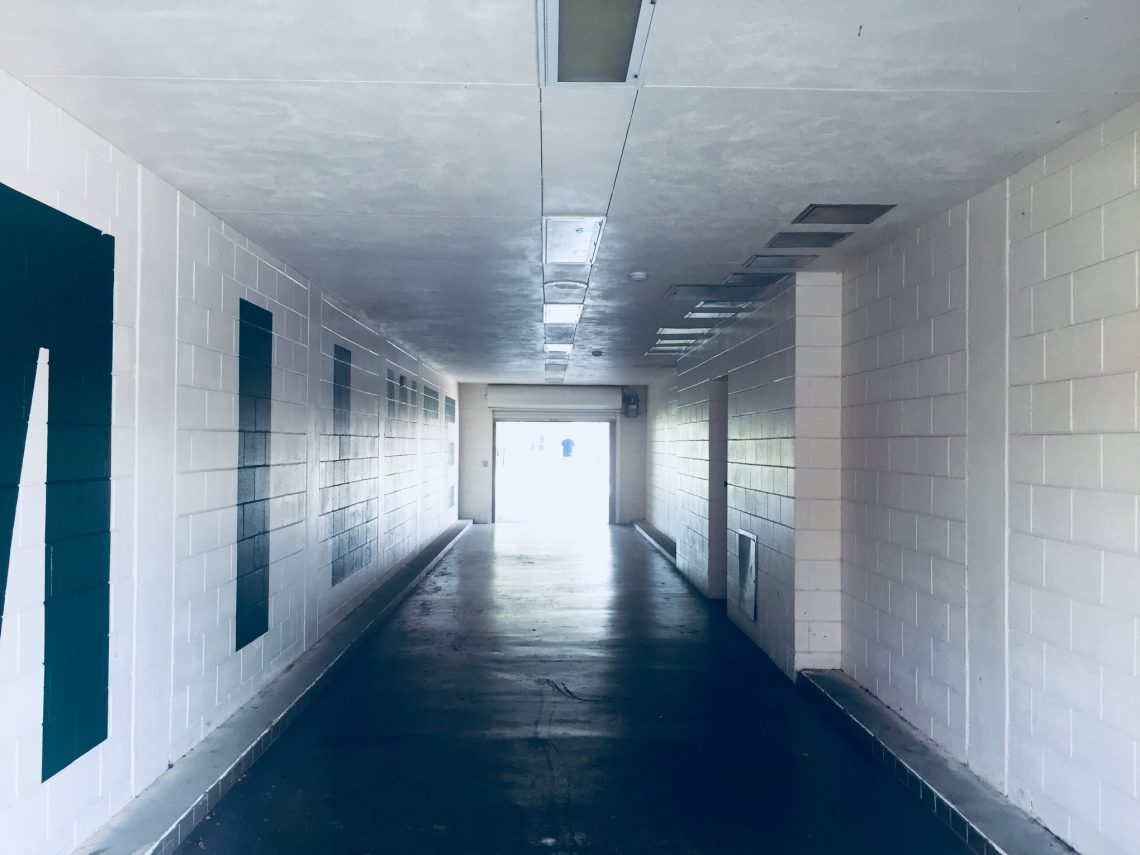
No More Object Lessons
Five years ago, I was hired to teach Web Design at a Central Florida Title I Middle School. I had no intention of staying longer than a year at most. Part of me thought I would leave after six months. I wanted to teach high school social studies, return to elementary education, or move into full time work as a librarian. But then I realized I had been given a chance to teach more than programming or coding or design. I had been given a chance to teach young teenagers about the way information is spread around the world, in our communities, and on our often overlooked campuses (aka, the World Wide Web). More specifically, I had a chance to help these kids and their generation realize the direct impact they have, for better or worse, on its perpetuation.
So every semester, I teach a lesson or two about digital footprints. Part of that time involves me asking the kids to Google our school name and look at what Google instantly projects on the screen. While our school is a prominent engineering magnet, with tons of incredible opportunities and remarkable teachers, that isn’t what Google produces in the search prompt. And the kids are usually stunned by the results. Instead of engineering or magnet programs, online seekers find words like “shooting” (ten years ago) and “fights” (ongoing). So we talk, with tremendous severity, about the lasting impact that a 10, 15, or 30-second YouTube or Snapchat video has on an incident that would otherwise fade into the forgotten world of “stuff I kinda remember from middle school” after 24 hours. Almost every one of them share serious or teary-eyed glances, remembering the last time they saw a fight on campus, pulled out their phone to record, saw someone do the same, or helped to pass a video around through social media. And in the end, they concede the opportunity they have, during these rare, but serious incidents, to put their own phones away and to tell their friends to do the same. Fights will fade from memory. Online videos will not.
And then this afternoon, real life hit them hard. No more object lessons. No more past scenarios.
Between two class periods, a serious fight broke out in the hallway and one of my 8th Grade Web Design students came around the corner to my 5th Period Class tucking his phone into his pocket, smiling, and bragging that he got it. Lots of high fives and a dozen other kids, some of mine, some I didn’t know, all begging him to text them the 15-second clip he managed to capture on his phone. As the kids entered my room, most of them hyped up (as expected) from what they saw in the hall, I dropped the classroom into an immediate and booming silence. For ten minutes, you can call it the fear-of-God, the come-to-Jesus, or just the heart of a teacher who cares, more passionately than almost anything else, about the way information spreads online, but we talked. And they remembered. They remembered the serious and teary-eyed reality check we had three months before. And they remembered how unfunny it is to capture a momentarily heated incident and thereafter make it a permanent record on the web. They could also feel the adrenaline and the excitement, right then and there, of earning or helping someone else earn their 15 minutes of online fame.
Then, while we were talking, with most eyes on the one young man in my room who everyone knew had recorded the fight, he received a text from another student across campus. This other student wanted the clip. We all paused as I asked him to make a decision. “What are you going to do? It’s your phone. I’ll let you respond.”
“I’m telling him no.” he said. “I should never have taken it. I could have broken up the fight. I could have done better.”
“Thank you, sir. We all have instincts. We all make mistakes. Let’s all be better. Let’s all make better decisions and encourage each other to do the same.” I shook his hand, the class refocused on their final semester projects, and we all moved forward.
As I mentioned earlier, five years ago I was hired to be a Web Design teacher, a position I had no intention of keeping. But being present for these kids, in their worst and most difficult moments, is more valuable than almost anything else I do for a living. And I have no intention of leaving these kids anytime soon.

Every Other Morning
